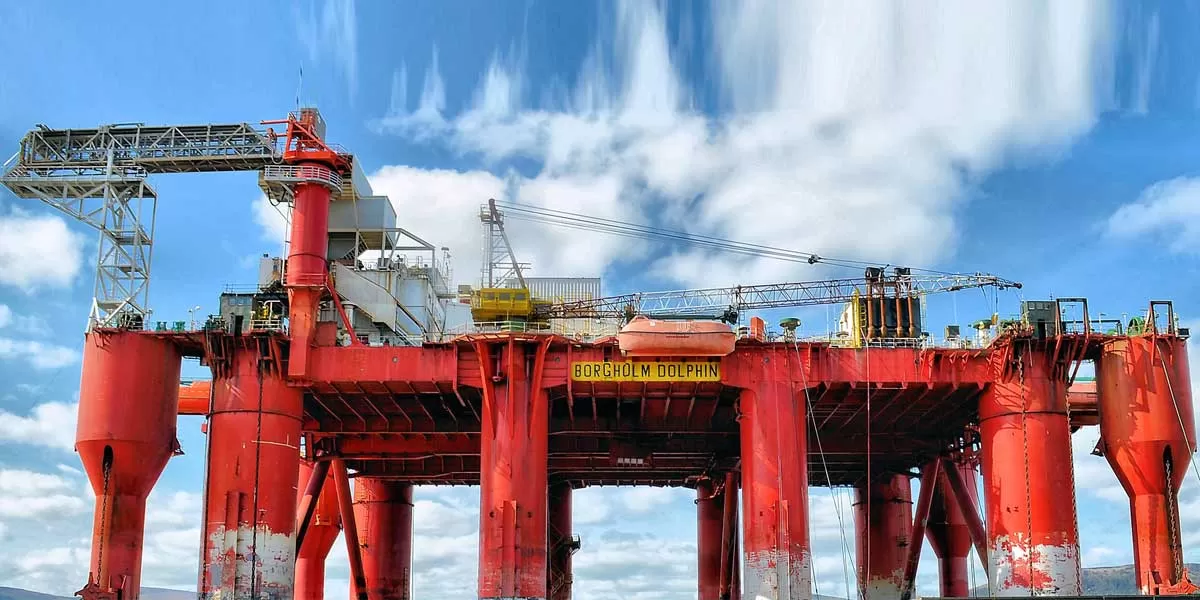ONGC, IOC, and other oil PSUs have announced their plans to invest approximately Rs 1.2 trillion in the upcoming fiscal year starting April 1. This investment will be directed towards oil and gas exploration, refineries, petrochemicals, and the construction of pipelines to cater to the energy demands of the world's fastest-growing energy-consuming nation. According to documents from Budget 2024-25, this proposed investment is 5 percent higher than the Rs 1.12 trillion spent by state-owned oil firms in the current fiscal year, concluding on March 31.
It has been revealed that Oil and Natural Gas Corp (ONGC) is set to incur a planned capital spending of Rs 308 billion in the next financial year. This expenditure, aimed at discovering new reserves of oil and gas and bringing previously discovered ones into production, slightly surpasses the Rs 305 billion capital expenditure in the fiscal year 2023-24. ONGC is actively developing discoveries on both the east and west coasts of the country.
ONGC's overseas arm, ONGC Videsh (OVL), is expected to increase its investment by 68 percent to Rs 55.80 billion in 2024-25 for oil and gas operations abroad, compared to the previous fiscal.
Indian Oil Corp (IOC), the leading oil refiner in the country, will be the highest spender with an investment outlay of Rs 309.10 billion. The majority of this investment will go into the expansion and upgrade of its seven refineries that produce fuel. This outlay also includes Rs 32.99 billion in the petrochemical business and another Rs 2.36 billion in its small oil and gas exploration portfolio. However, the planned investment by IOC is less than the Rs 312.54 billion spent in the current fiscal year 2023-24.
Bharat Petroleum Corp (BPCL) is proposing a 30 percent higher capital spending at Rs 130 billion, with two-thirds of the investment allocated to its core refining business.
Gas utility GAIL India will witness a decline in its planned investment to over Rs 80 billion in 2024-25 from Rs 97.50 billion in the previous fiscal, as most of its pipeline grid expansion projects are nearing completion.
Hindustan Petroleum Corp (HPCL), a subsidiary of ONGC, plans to invest Rs 125 billion in FY25, slightly higher than the Rs 120 billion invested in the previous year.
Oil India, the nation's second-largest oil producer, intends to invest Rs 68.80 billion next year, compared to Rs 56.48 billion in the current fiscal.
In her interim budget for 2024-25, presented ahead of general elections, Finance Minister Nirmala Sitharaman, on February 1, deferred capital support to oil marketing companies - IOC, BPCL, and HPCL - to the next fiscal year. She had announced equity infusion of Rs 300 billion in IOC, BPCL, and HPCL to support their energy transition plans in the annual Budget for 2023-24 presented on February 1 of the previous year. Additionally, she proposed Rs 50 billion for buying crude oil to fill strategic underground storages at Mangalore in Karnataka and Visakhapatnam in Andhra Pradesh. These storages were built to guard against any supply disruptions. In November of the same year, the finance ministry halved the equity support, and the interim budget documents for 2024-25 showed no allocation for equity infusion in the current fiscal. The Rs 150 billion has now been earmarked for the fiscal year 2024-25.
The budget documents did not allocate any funds for filling the strategic reserves in either the current fiscal or the next.
While other state-owned oil companies such as ONGC and GAIL (India) Ltd have also planned significant investments to achieve net-zero carbon emissions, the equity support was limited to the three fuel retailers. These retailers had incurred substantial losses in 2022 when they held retail petrol, diesel, and cooking gas (LPG) prices steady despite a spike in crude oil prices following Russia's invasion of Ukraine.
Industry sources suggest that this decision may be linked to an improvement in the profitability of the three firms in the current fiscal year. The freeze in retail selling prices, continuing for the 21st month, has contributed to their profitability, even as crude oil prices have softened.
Last year, the boards of IOC and BPCL approved rights issues to raise up to Rs 220 billion and Rs 180 billion, respectively. The government was expected to participate in these rights issues.


















